PwC refutes Chinese influencer Jean Dong’s Asian strategy claims
Jean Dong’s former employer says it had an Asian strategy ‘long before’ she worked for them.
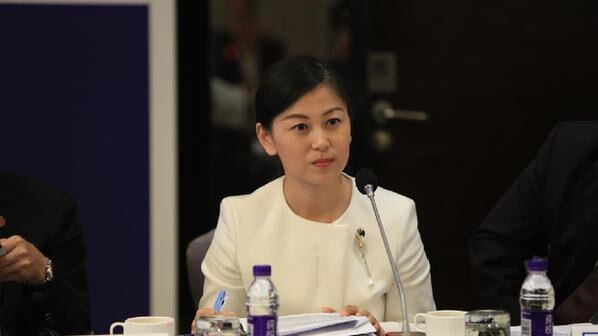
The former employers of the woman whose company played a key role in the Andrews government’s decision to sign up to the Belt and Road Initiative have refuted several claims she has made about her time working there.
Australia-China Belt and Road Initiative company founder and director Jean Dong, 32, claimed in a promotional video for another of her businesses that as a newly employed 21-year-old graduate at consulting giant PwC, she “convinced the PwC Australian leadership to consider Asia(n) growth as a priority strategy”.
Ms Dong further boasted that she had “successfully led investment projects for multiple Chinese SOEs and private companies”.
In a rare statement about a former employee, PwC said the company had an Asian strategy in place “long before” she worked for them, and that she had only received one promotion in almost five years with the company.
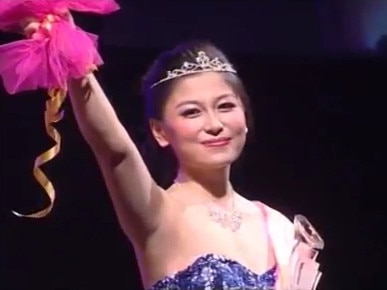
“Jean (Jin) Dong joined PwC in 2009 as a graduate where she worked until 2013. Ms Dong was a senior associate, one grade up from graduate level, when she left the firm in late 2013,” a PwC spokeswoman said.
“PwC is a global network and PwC Australia had an Asian strategy in place long before 2009 which has been led by a senior partner in the firm since its inception.”
The Australian last month revealed ACBRI was promoting the Belt and Road Initiative to the Andrews government, while at the same time being paid by the government to provide advice on the controversial investment and trade deal.
The company was awarded two taxpayer-funded contracts in 2017-18 and 2019-20 totalling $36,850 to advise on China’s global commercial play, with the Andrews government blaming an “administrative error” for the fact that the expenditure was not disclosed, despite rules requiring state government departments to publish details of all $10,000-plus consultancies.
The Australian has also detailed Ms Dong’s self-described “journey of influence”, which has included close associations with members of the Chinese Communist Party’s United Front Work Department — the party’s primary overseas influence and interference network — as well as her relationships with Australian politicians, including former Liberal trade minister Andrew Robb and former Labor finance minister Lindsay Tanner, who are on the ACBRI board.
Opposition Leader Michael O’Brien asked Mr Andrews in Question Time this week why Victorian taxpayers had paid “people associated with the Chinese Communist Party to advise the Premier on doing a deal with the Chinese communist government?:
“What exactly did taxpayers get for that money?” Mr O’Brien asked.
“The organisation that the Leader of the Opposition refers to received a grant from the Victorian government. It was below the threshold for tenders,” Mr Andrews said.
“There was a reporting issue, and the Department of Premier and Cabinet has issued a statement on that matter.”
Mr Andrews said ACBRI had “also received a grant from the Department of Foreign Affairs and Trade”.
“Somehow that did not make it into the question,” Mr Andrews said.
“It is such a bad organisation that the father of the China-Australia free trade agreement — an outstanding trade minister, Andrew Robb — is an adviser to this group. Again, the Leader of the Opposition’s confusion is unparalleled.”
Mr Andrews provided no direct answer to the question of what services taxpayers received for their money.
The $20,000 grant ACBRI received in early 2016 in fact came from the Australia-China Council, which is partially funded by DFAT, and not from DFAT directly.
Sources from within the then Turnbull government have told The Australian there was a “long debate” internally about whether ACBRI should receive a grant, after the company applied for funding for a $198,000 project, but the decision was made to grant the $20,000 through the Australia-China Council because is was “felt that it was sufficiently clear this money didn't come from DFAT”.
At the time, pro-Belt & Road businessman and former Liberal politician Warwick Smith was the chairman of the Australia-China Council.
Mr Robb sparked controversy when he took up an $880,000 a year consultancy with Chinese government-aligned company Lanbridge after leaving federal parliament in 2016 — a position he has since relinquished ahead of the introduction last year of Australia’s foreign influence register.


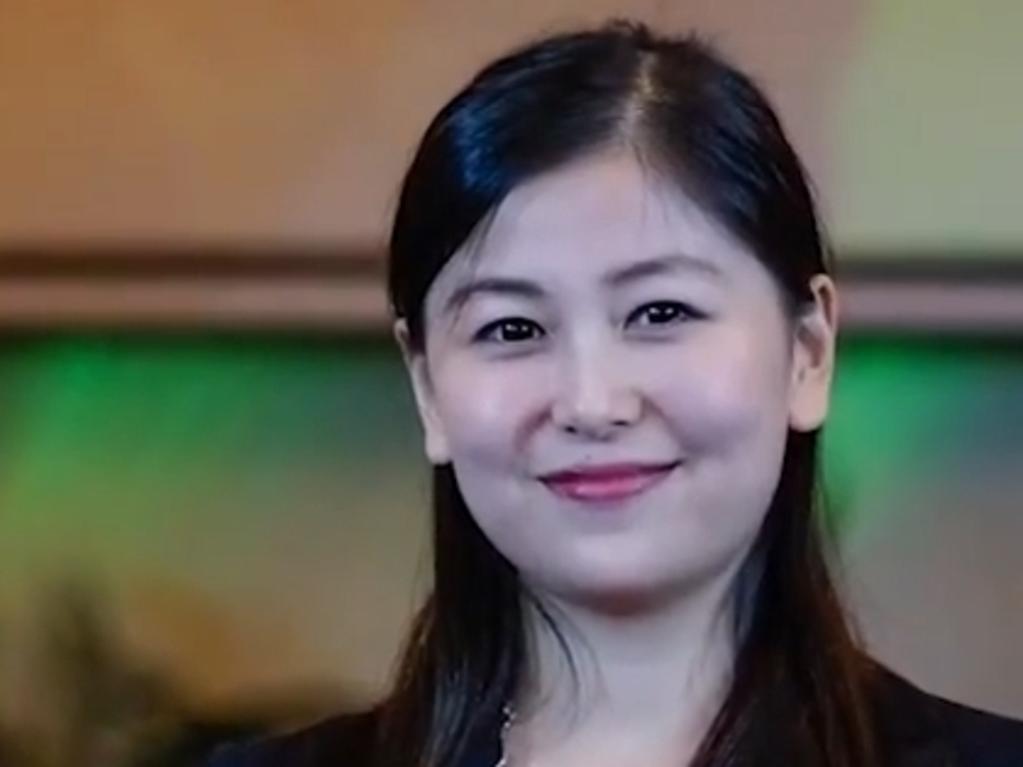


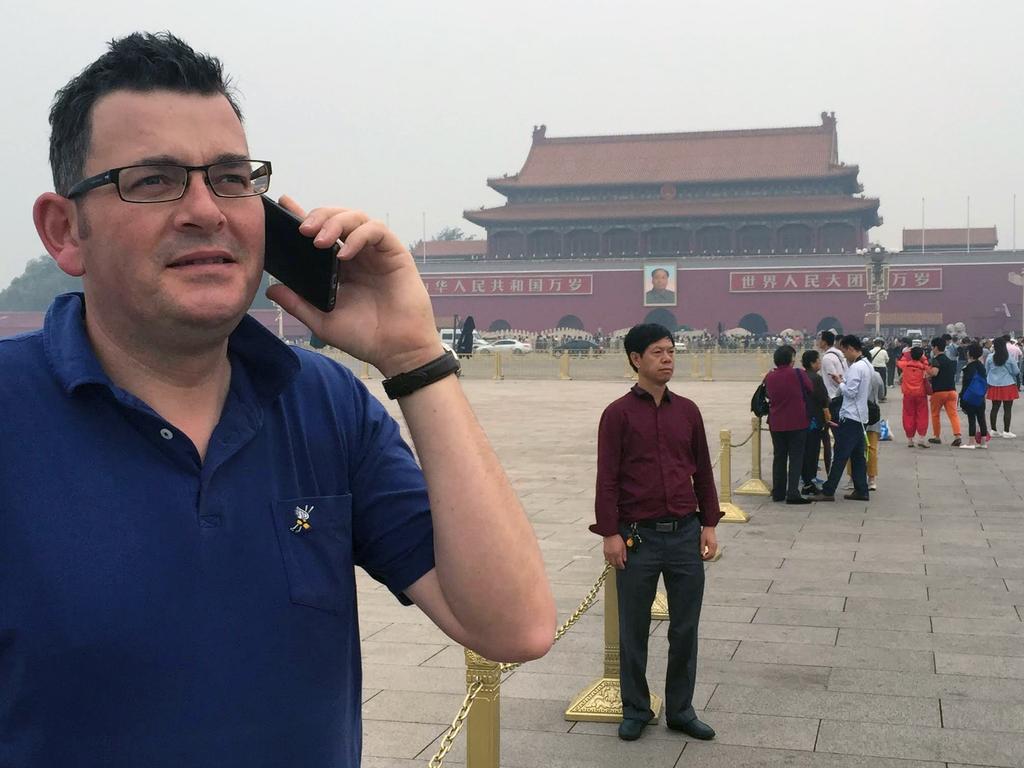
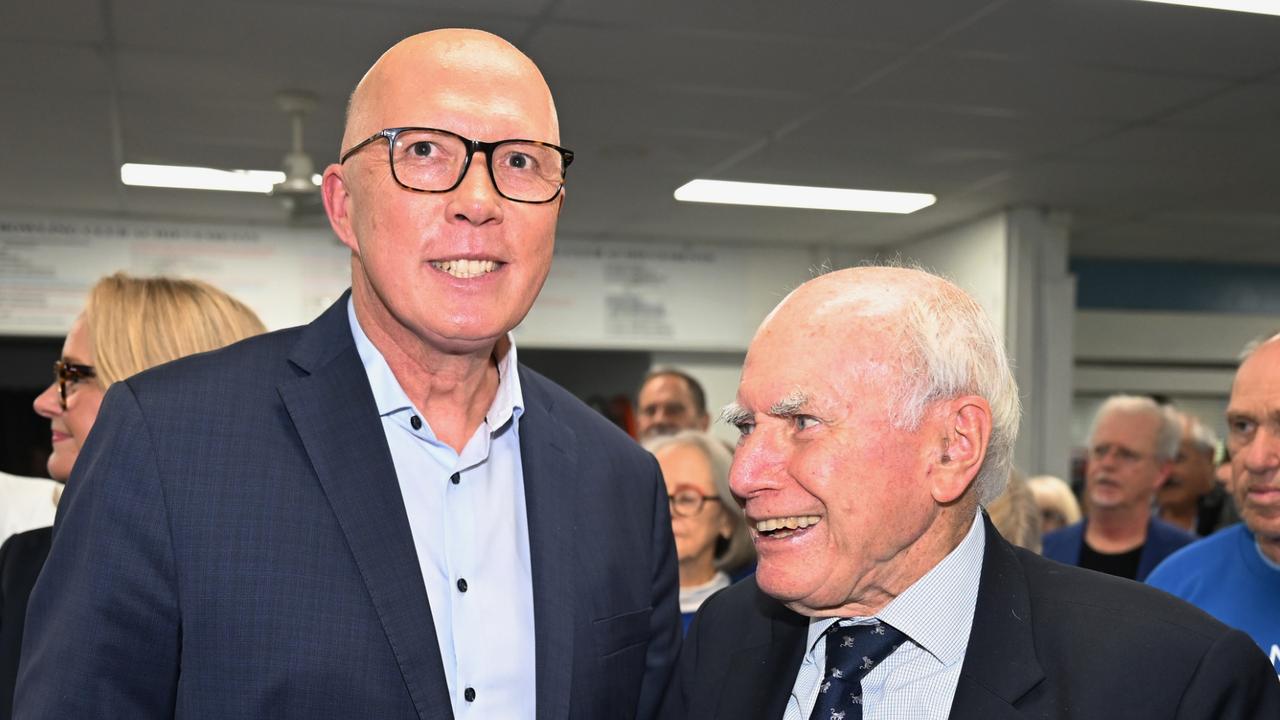
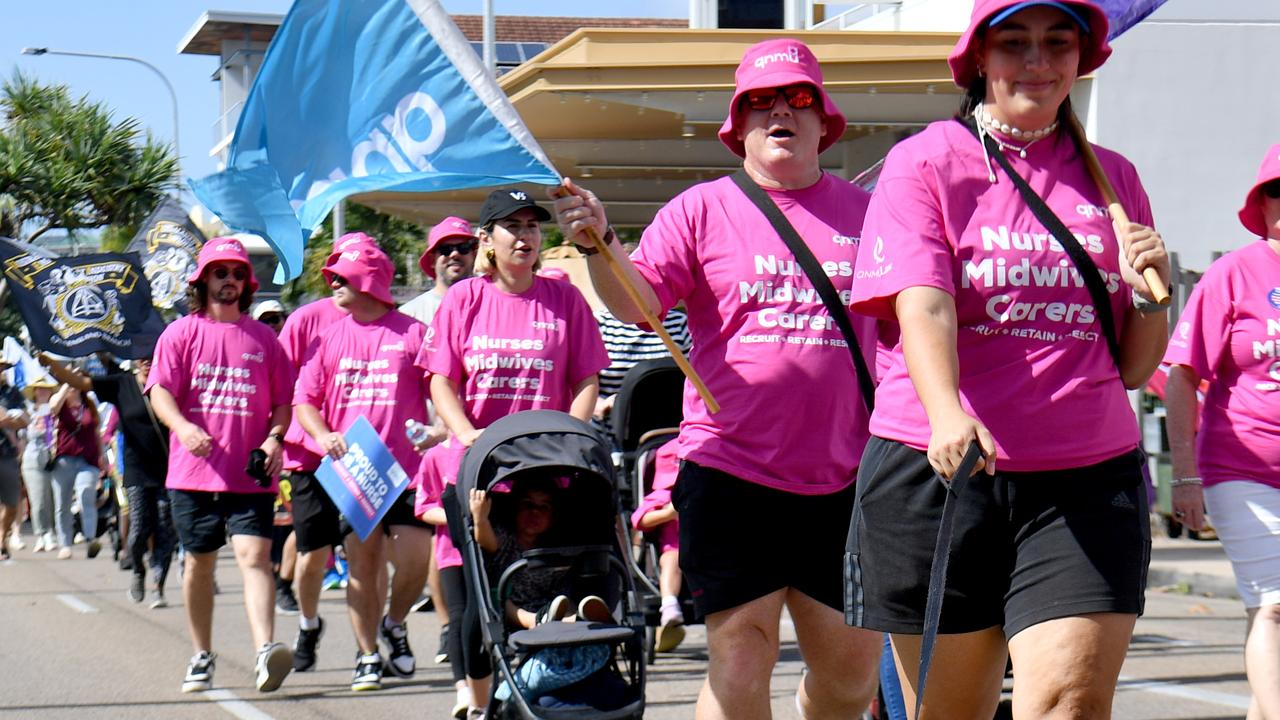
To join the conversation, please log in. Don't have an account? Register
Join the conversation, you are commenting as Logout